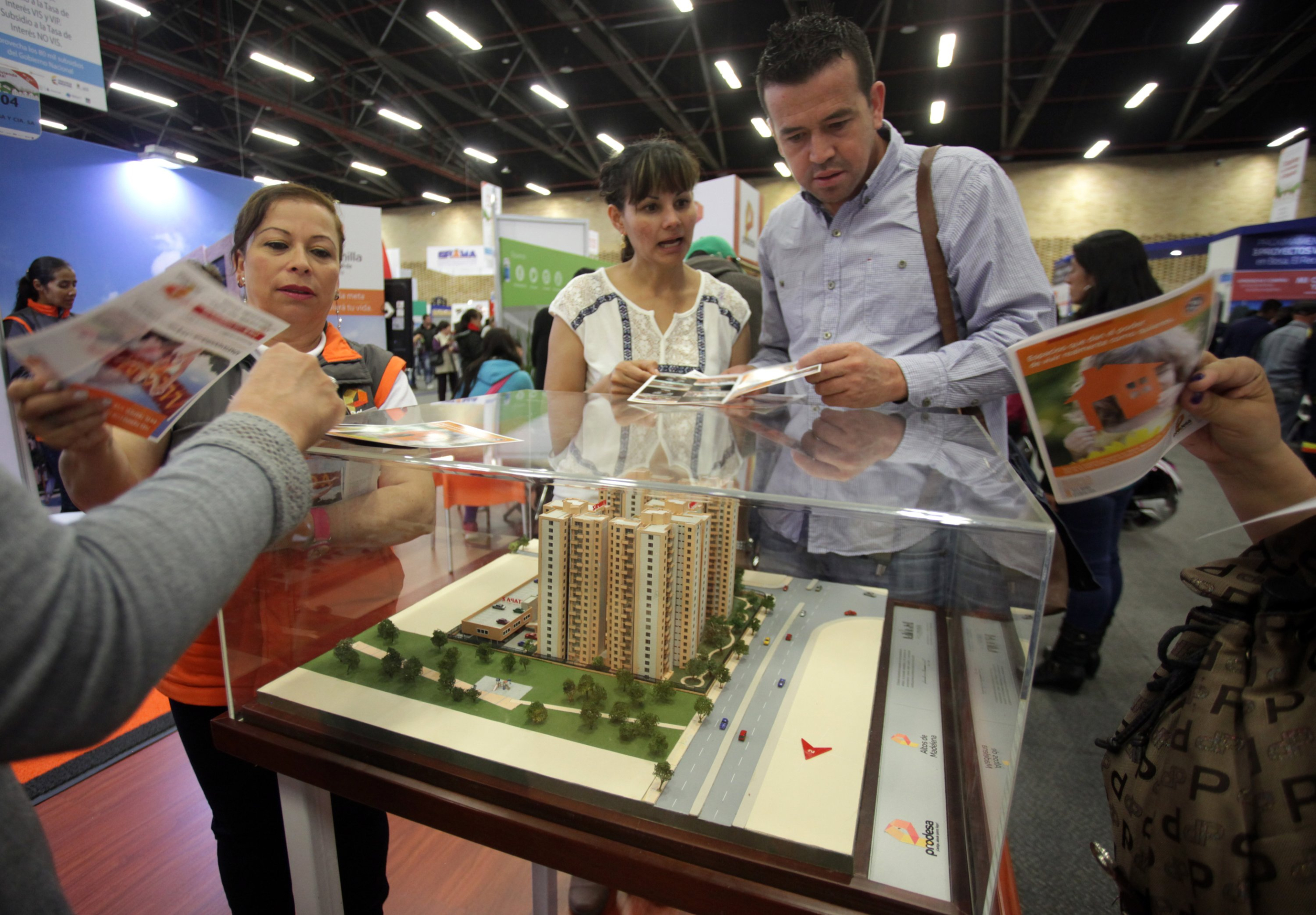The spiral spins faster / Ricardo Ávila's analysis of presidential rhetoric and its effects on Colombia

Even for a government characterized by turbulence, such as that of Gustavo Petro, the week ending today was particularly hectic. Crises on both the domestic and foreign fronts combined to make the start of the second half of the year even more complex than it seemed.
None of this was foreseeable at the end of June, when the administration celebrated the passage of the labor reform and the alleged overcoming of the pension reform process in the House of Representatives. With both initiatives on the way out, it seemed that this would be a good time to plan the final year of the administration amid the relative calm brought by the legislative recess.
READ ALSO

Taking advantage of multilateral commitments to change the pace was part of that idea. Late last month, a statement from the Casa de Nariño indicated that the President of the Republic would undertake an official tour starting last Saturday, the 28th, with visits to Spain and France, while Brazil appeared next on the agenda.
The highlight of the trip across the Atlantic was participation in the Fourth International Conference on Financing for Development, convened by the United Nations, which concluded on Thursday in Seville. Given the nature of the event, which included dinner with the King and Queen, plenary sessions, forums, and bilateral meetings with some of the nearly 50 heads of state and government present, it was clear that Colombia wanted to make a difference.
At least that was the implicit message as delegates entered the fairgrounds hosting the event. In the first corner of a series of booths, ProColombia displayed a large display promoting the "country of beauty" through photos and documents aimed at potential investors and visitors.

Colombia's stand at the UK's largest tourism fair. Photo: Efe
None of these invitations, of course, spoke of an imminent apocalypse. Instead, Petro did, reiterating with familiar rhetoric that the end of humanity is near and that the problem of climate change is now compounded by artificial intelligence, because one would extinguish life and the other, thought.
He also spoke of a sham agenda at the global level and lashed out at the International Monetary Fund for failing to provide effective solutions, to the point of suggesting that if it doesn't change, it should be abolished. But what caused the most furrowed eyebrows among some delegations was his assertion that "in the powerful countries of Europe and the United States, the majority electoral vote is Aryan," which ends up imposing its will.
Bringing up the supposedly superior race promoted by Adolf Hitler, the same one whose prevalence served as justification for the Holocaust and Nazi aggression, is no small matter, especially in the Old Continent. Saying that white people still do whatever they want with others provoked strong reactions against Europeans, as was made clear in the response of Frenchman Emanuel Macron, who called for "respect" during a panel in which the Colombian president repeated the same arguments.
There is no doubt that the verbal excesses of the current occupant of the Casa de Nariño are the reason the State Department recalled the US chargé d'affaires in Bogotá for consultations. Beyond responding in kind and sending the ambassador to Washington, Daniel García-Peña, to the country, it is indisputable that these dissonant words do have consequences that today translate into a cooling of relations on both sides of the Atlantic.
Under more normal circumstances, a false start by the president would have led the Foreign Ministry to try to calm the situation in various capitals. But with the San Carlos Palace vacant, that task is impossible, which is why a growing sense of isolation hangs in the air.
It may sound anecdotal, but the BRICS summit, convened in Rio de Janeiro by Lula da Silva, highlights the setbacks our diplomacy is experiencing. Following a last-minute presidential cancellation, Colombia will be represented by its ambassador in Brasilia, who has just resigned.
Faced with this string of blunders, the international press has sharpened its pen. Recently, the weekly The Economist published a harsh article on Gustavo Petro's administration. And now it's the turn of El País of Madrid, which on Thursday, in an editorial titled "Conspiracy and Decomposition," spoke of "an erratic government, marked by internal struggles, contradictory decisions, and a constant erosion of public confidence."

President Gustavo Petro in his speech from Medellín. Photo: Presidency
Although predicting last week's news chain was impossible, what happened isn't entirely surprising. For months, observers had been predicting that the radicalization card would appear more frequently in an administration that long ago abandoned the idea of building consensus or reaching agreements with its opponents.
Within this line of thinking, the objective is the same: the 2026 elections. In general, any action by the Executive branch is contingent on what happens at the polls, with a clear emphasis on the March legislative elections, in which the Historic Pact hopes to be the majority force or, failing that, the second largest. A good result on that date will determine subsequent moves with a view to determining the number of presidential candidates.
To achieve this, there is a strategy that goes beyond buying loyalties with the use of public funds. A central objective is for Petro to maintain absolute dominance of what is known as the "national conversation," which requires a permanent presence on social media through the ability to continuously generate media-driven events.
Part of the purpose is to feed the core of Petrismo, which accepts, without much fuss, interpretations that may sound absurd to others. With support close to 30 percent in the polls—depending on the ups and downs of the current situation—this electoral legacy demands constant attention.
Aside from the above, there is one important limitation. Even if the head of state seems disconnected from what his government is doing, he has enough insight to realize that it doesn't have much to show for it. Problems with execution, high turnover of officials, and the disconnect between promises and achievements leave him in a bad light.
"Petro needs the question voters ask themselves when it's their turn to decide to be something other than whether they want more of the same," says expert Héctor Riveros. "If this is reduced to a plebiscite on what has been done, the result will be unfavorable, and he is clear about that," he adds.
As a result, the alternative of blaming a third party arises, which, in colloquial terms, amounts to applying the message of "they won't let me" or "they want to bring me down." Deepening this discourse includes accusing international capitalism or even named countries of conspiring to keep things as they are.
Meanwhile, at the local level, the list of real or imagined opponents is long and growing. Unlike the measures that other capitals can adopt, it is much more difficult for citizens and businesses operating in the country to confront a government that has multiple ways of intimidating or silencing anyone who openly opposes it.
And there's always the possibility of extraordinary circumstances opening the door to taking action, even if the crises are induced, as happened with the health crisis. For that reason, the likelihood of the Casa de Nariño toning down its statements is low, as it adheres to the football maxim that "the best defense is attack."
Having characterized the situation, there are recent events that are seriously worrying. The notorious "tarimazo" in Medellín, when a series of convicted criminals shared the stage with the nation's highest authority , was interpreted by many as a threat of violence rather than an offer of peace directed at groups outside the law.
Others emphasize the questioning of the credibility of the electoral system. The most concerned maintain that the foundations are being laid for a baseless accusation from the highest official levels, aimed at casting doubt on the results of next year's elections.
Nor is the strengthening of the high government of individuals who completely ousted the moderates who served in the cabinet during the first term or the more ideologically motivated line of the second term a minor issue. Those in power now are operators who are undeterred when it comes to reaching political understandings, seeking legal solutions, or asserting the presidential will above all else.
Within such a complex panorama, the economy seems to be no cause for concern. On the employment front, the May data turned out better than expected.
And regarding the exchange rate, the dollar fell back below 4,000 pesos last week, so the warnings about the downgrade in debt ratings or the most recent clash with the Trump administration don't seem to be echoing in that market.
However, tensions are palpable beneath the surface. Data on employed persons show a certain loss of dynamism along with a trend toward greater informality. As for the greenback, it has lost ground against most currencies, while the interest rate differential continues to benefit those who bring in foreign currency to make their pesos go further.
Furthermore, storms are brewing. At the close of the first half of the year, the National Treasury's deposits at the Central Bank of the Republic once again reached a historic low, despite short-term debt placements being well above the norm. With weak tax collection and rising obligations, the likelihood of a major crisis regarding the fulfillment of state obligations is increasing.
All of the aforementioned elements suggest the formation of an ever-increasing spiral, driven by government rhetoric. As always, the risk is that the machinery will eventually spin off its axis, leading to uncontrollable phenomena that fundamentally alter the quality of life of Colombians.
Returning to the El País editorial, it used the term "decomposition" to refer to the state of affairs within the Executive Branch. The Royal Academy points out that the word in question corresponds to the action of decomposing, which is defined as "to disarrange and disrupt," but also as "to upset one's temper," "to damage, spoil, or deteriorate," and even, when referring to an organization, "to become corrupted or putrefy."
Neither of these scenarios is desirable for the Colombian government. But under the current circumstances, it's best to raise our guard to avoid surprises in an increasingly unstable climate that predicts very strong storms closer than those predicted a few months ago.
More newseltiempo





